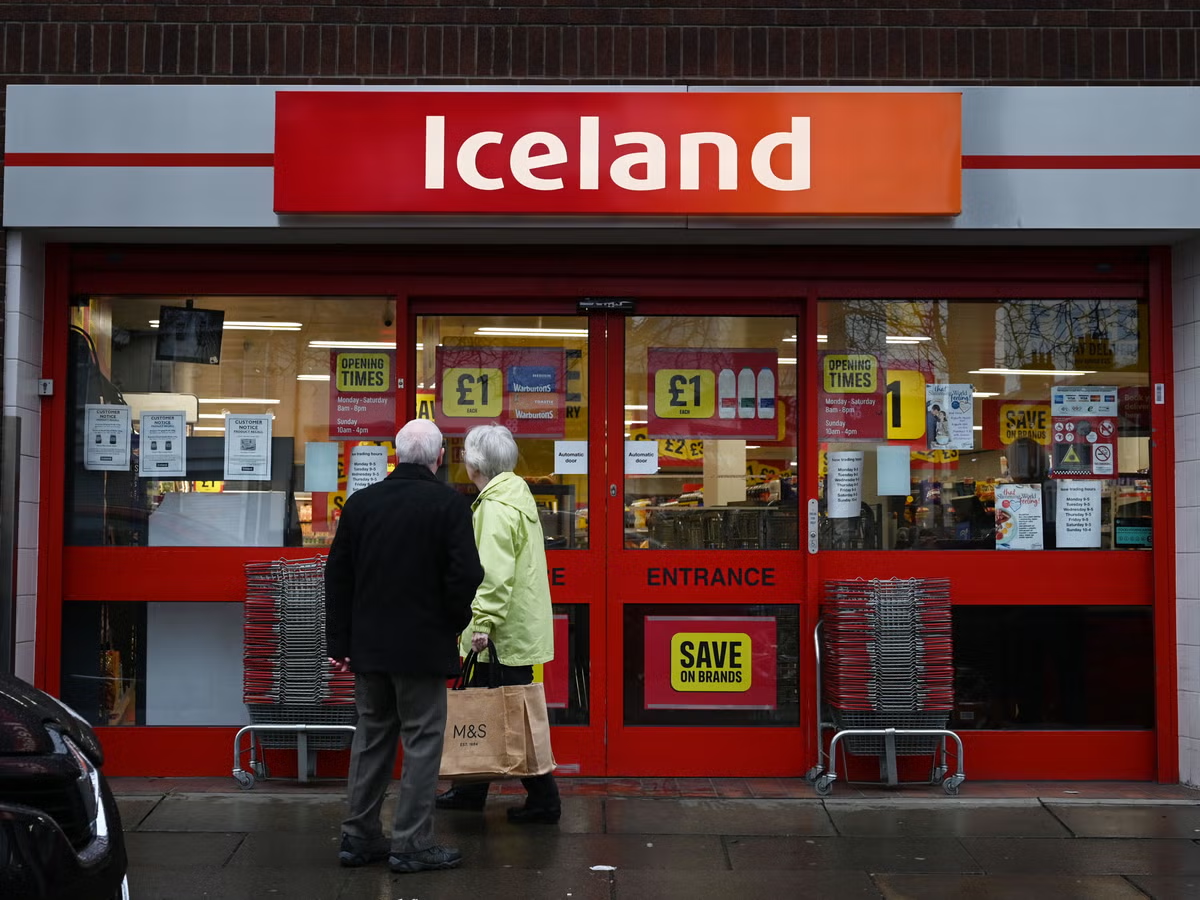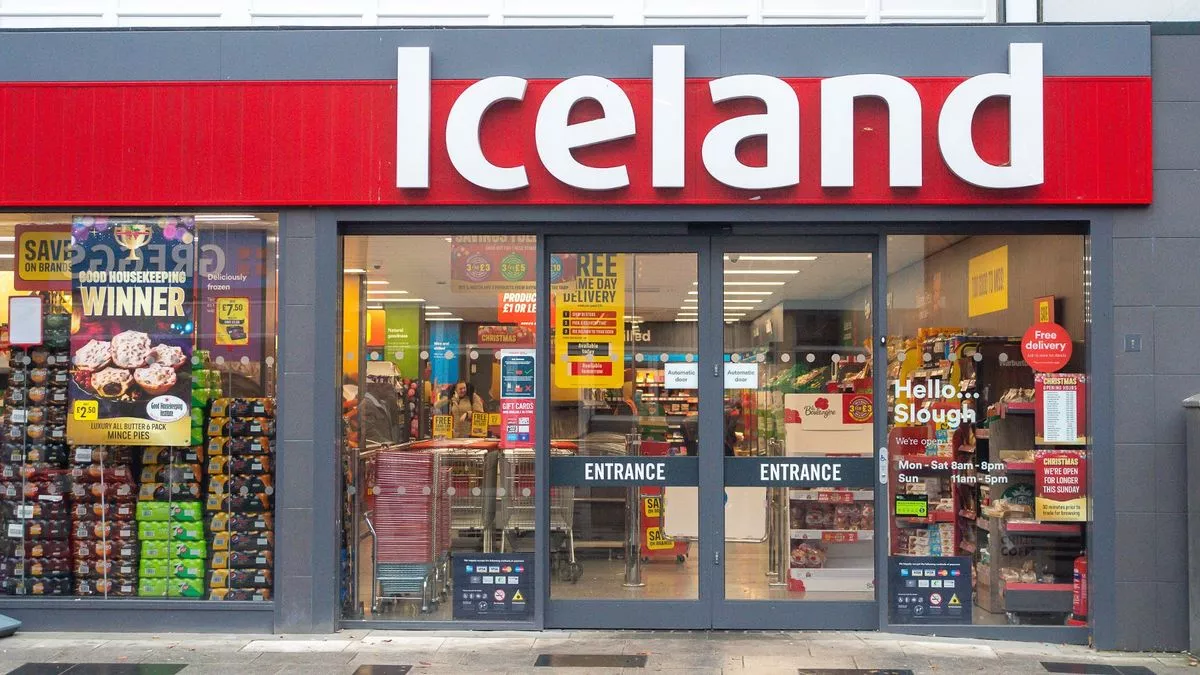The retail landscape in the UK has been undergoing significant change, with thousands of high street shops closing their doors in recent years. Among these, Iceland, the well-known frozen food supermarket chain, has announced further store closures despite previous expansion plans. This article takes an in-depth look at the latest Iceland store closures this summer, the wider retail context, and the implications for employees and customers.
The Context of Retail Closures in the UK
High Street Challenges and Changing Consumer Habits
The UK retail sector has faced immense challenges over the past decade, exacerbated by the COVID-19 pandemic and evolving consumer behavior. Traditional brick-and-mortar stores have struggled to compete with the convenience and competitive pricing of online retailers. In 2022 alone, over 13,000 high street shops closed across the country, marking a sharp decline in physical retail presence.
Industry-Wide Impact: More Stores Shutting
The wave of closures is not isolated to any single retailer. Large supermarket chains like Morrisons have also been affected, with Morrisons closing 16 stores in April 2024 and announcing the closure of the Haxby branch in Yorkshire set for May 14, 2024. This underscores a broader trend of consolidation and strategic re-evaluation within the supermarket industry.
Iceland’s Closure Announcement: What We Know
Overview of Recent Closures
Since early 2023, Iceland has closed over 20 of its stores across the UK. This decision contrasts with the chain’s earlier public announcements about planned expansion, reflecting the ongoing challenges within the retail sector. The closures are part of a strategic effort to optimize the chain’s footprint, balancing profitable locations with those less viable.
The Summer 2024 Store Closures
This summer, Iceland is set to close two stores:
- Margate: College Square branch – Closing June 21, 2024
- Inverness: Rose Street branch – Closing July 12, 2024
While the company has not publicly detailed the specific reasons behind these closures, it has provided some insight into the next steps for affected employees.
Reasons Behind the Closures
Unspecified Corporate Strategy
Iceland has not explicitly disclosed the motivations for closing these specific stores. However, retail experts suggest closures often result from a combination of factors including declining footfall, rising operational costs, lease negotiations, and shifting local demographics.
Customer Feedback and Operational Challenges
In the case of the Inverness store, local reports indicated customer dissatisfaction linked to parking charges and fines imposed by a third-party car park operator near the store. According to The Press and Journal, these parking issues contributed to a less favorable shopping experience and may have indirectly influenced the store’s performance.
Impact on Staff and Employment
Consultation Process and Staff Redeployment
Iceland has emphasized a consultation process with the affected staff members. At the Margate branch, employees have been offered opportunities to transfer to other nearby stores where possible. A similar approach is being taken for colleagues at the Inverness location.
This strategy aims to minimize job losses and support employees through the transition, though the closure of the Inverness branch is expected to impact about 20 staff members, as reported by the BBC.
Employee Sentiment and Local Community Effects
Store closures inevitably affect more than just the physical shop. Staff morale and community ties are disrupted, and for many employees, moving stores can mean longer commutes and adjustments to new working environments. Communities relying on local Iceland stores also face reduced convenience and potential economic impacts.
Iceland’s Position in the UK Market
From Expansion Plans to Contraction
Earlier in 2023, Iceland conveyed ambitions for growth, intending to open new outlets and expand its reach in the frozen food market. However, shifting economic conditions and retail trends appear to have forced a recalibration.
Strategic Focus on Profitable Locations
The closures reflect Iceland’s efforts to concentrate on stores and locations that yield better returns. This strategic pruning is common among retailers adapting to an unpredictable economic environment marked by inflationary pressures and changing consumer spending patterns.
The Wider Retail Landscape in 2024
Trends Driving Store Closures
Several trends continue to reshape UK retail, influencing Iceland’s decisions:
- Rise of Online Shopping: Convenience and variety offered by online supermarkets and delivery services reduce foot traffic to physical stores.
- Rising Operational Costs: Energy prices, staffing costs, and lease rents contribute to squeezed profit margins.
- Consumer Behavior Changes: Increased demand for convenience stores and local shops in residential areas, with less interest in large-format stores.
- Economic Uncertainty: Inflation and cost-of-living concerns impact discretionary spending and shopping frequency.
Other Supermarket Chains Responding Similarly
Iceland is not alone in this landscape. Morrisons, Tesco, Sainsbury’s, and other chains are reviewing their portfolios to close underperforming locations and invest more in digital channels and smaller format stores.
What Customers Should Know
Adjusting to Store Closures
Customers of the closing Margate and Inverness branches will need to adapt by shopping at nearby Iceland locations or turning to alternative retailers. Iceland’s commitment to supporting employees also means that services may be maintained in the region through other outlets.
Customer Complaints and Feedback Channels
The parking complaints at Inverness highlight how local issues, even outside a retailer’s direct control, can affect customer satisfaction. Retailers increasingly need to consider the full customer journey, including parking, accessibility, and local infrastructure, to retain loyalty.
Future Outlook for Iceland and UK Retail
Potential for Digital Growth
Iceland has been expanding its online presence, with growing demand for home delivery and click-and-collect services. The brand’s ability to leverage digital channels will be crucial for future growth.
The Role of Frozen Food in Post-Pandemic UK
Frozen food remains popular due to convenience, long shelf life, and price stability. Iceland’s niche in frozen products positions it well, provided it can align its physical stores with current consumer preferences.
Possible New Openings and Strategic Shifts
While some stores close, Iceland may continue to open in areas demonstrating high demand or invest in smaller, urban store formats that cater to changing shopping habits.
Conclusion
The closure of two Iceland stores this summer, alongside more than 20 closures since early 2023, reflects the evolving challenges facing UK retail, particularly for high street supermarkets. While these changes bring disruption for employees and customers, they are part of a broader strategic adjustment aimed at long-term sustainability.
As consumer habits shift and operational costs rise, Iceland’s experience mirrors wider trends across the retail sector — a balancing act between expansion ambitions and the realities of the market. The company’s efforts to support affected staff and maintain customer service in surrounding stores demonstrate a responsible approach to difficult decisions.
The future for Iceland lies in agile adaptation: embracing digital growth, optimizing store locations, and ensuring that its frozen food niche continues to meet the needs of modern UK shoppers.
- Man City drop Jack Grealish transfer hint as they launch stunning new kit for Club World Cup - June 5, 2025
- Madison Beer Shares Cheeky Bath Photo in Oscars Party Post - June 5, 2025
- Willow Name Meaning - June 5, 2025







